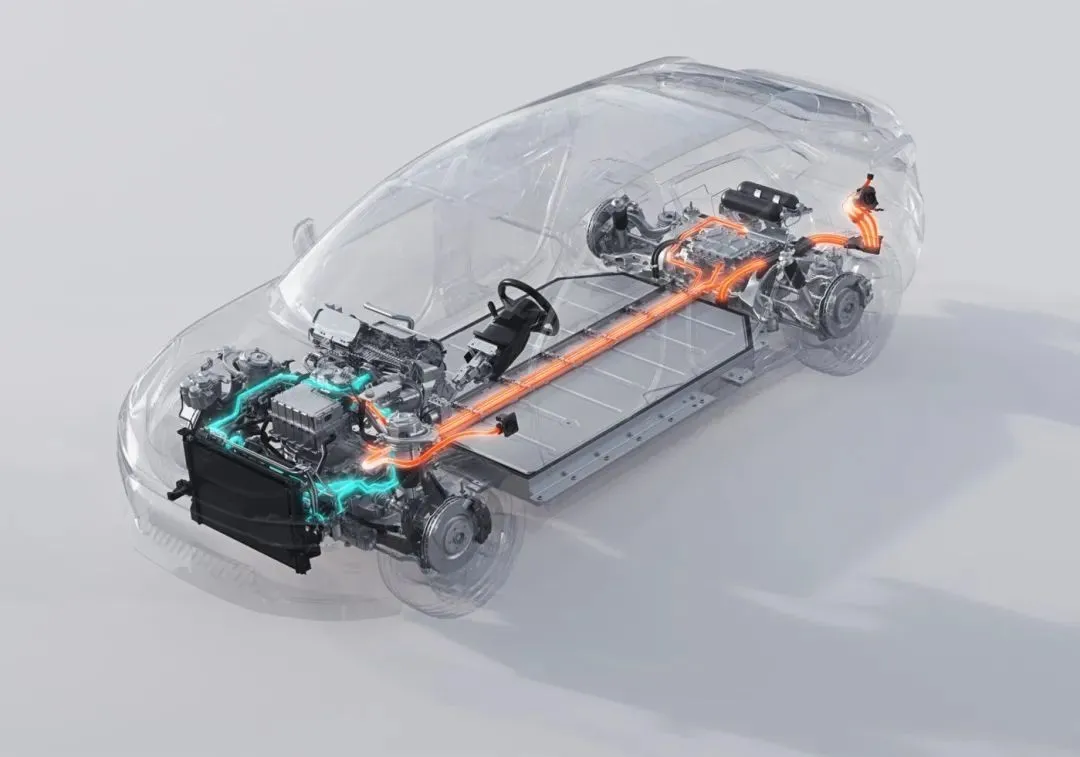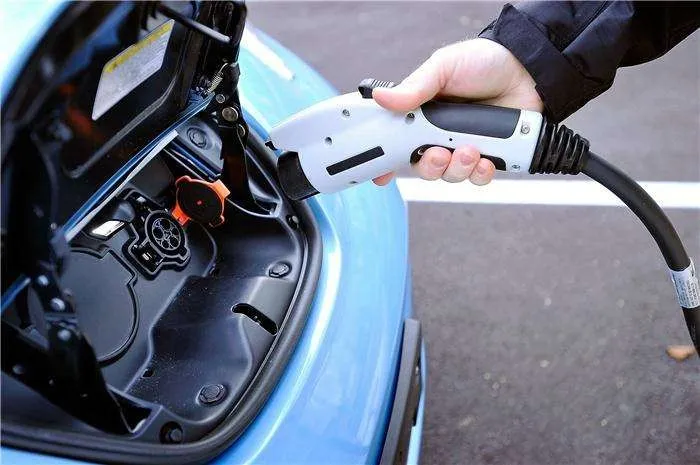Introduction
Lithium batteries are central to the success of electric vehicles (EVs). They serve as the primary power source in battery electric vehicles (BEVs), as well as in plug-in hybrid electric vehicles (PHEVs) and hybrid electric vehicles (HEVs). This article explores the key applications of lithium batteries in EVs, highlighting their role in power systems, energy recovery, fast-charging, and secondary use.

1. Power Battery Systems in Electric Vehicles
The most common and direct application of lithium batteries is in power battery systems. These systems act as the main energy source for electric vehicles, consisting of multiple individual cells connected in series and parallel to provide sufficient voltage and current for the vehicle’s electric motor.
To ensure the safety and efficiency of the battery pack, a Battery Management System (BMS) is used. The BMS monitors the health of each cell, balances the charge, prevents overcharging and over-discharging, and protects the entire battery pack. These systems are crucial for the longevity and performance of the vehicle.
2. Plug-in Hybrid Electric Vehicles (PHEVs)
In PHEVs, lithium batteries are used to store electrical energy, providing power to the electric motor. However, unlike BEVs, PHEVs also include an internal combustion engine. This engine kicks in when the battery is low or under certain driving conditions. The dual-power system of PHEVs offers extended driving ranges and more flexibility, making them a practical option for drivers who require longer travel distances.
3. Hybrid Electric Vehicles (HEVs)
HEVs are vehicles that rely on both an internal combustion engine and lithium-ion batteries. While HEVs cannot be plugged in to charge, the onboard lithium batteries are essential for regenerative braking systems. When braking or decelerating, kinetic energy is converted into electrical energy and stored in the battery.
This stored energy can later assist the engine during acceleration or power the vehicle at low speeds, which helps improve fuel efficiency and reduce emissions. As a result, HEVs contribute to more sustainable transportation options.
4. Auxiliary Power Systems in Electric Vehicles
Beyond propulsion, lithium batteries also support various auxiliary systems in electric vehicles. These systems include air conditioning, entertainment systems, and vehicle lighting. For hybrid vehicles, these auxiliary systems no longer rely solely on the internal combustion engine, helping to reduce overall energy consumption and improve vehicle efficiency.
5. Fast Charging Technology for EVs
One of the major challenges for electric vehicles is range anxiety. To address this, fast charging technology has been developed. High-power charging stations are designed to quickly replenish the energy in lithium batteries, enabling shorter charging times and longer driving ranges.
Lithium batteries must possess rapid charge and discharge capabilities, coupled with advanced thermal management systems, to ensure stability and safety during the intense charging cycles of fast-charging stations.

6. Energy Recovery and Secondary Use of Lithium Batteries
Even after their service life in electric vehicles, lithium batteries can still serve valuable purposes. Batteries that have been retired from EVs often retain significant capacity and can be repurposed for applications like stationary energy storage, grid frequency regulation, and home energy systems.
This secondary use maximizes resource efficiency, reduces overall lifecycle costs, and promotes sustainability. By giving old batteries a second life, we contribute to the circular economy and reduce environmental impact.
Conclusion
In summary, lithium batteries are essential to the functioning of electric vehicles, powering everything from propulsion to energy recovery systems. As the automotive industry continues its shift toward low-carbon and environmentally friendly transportation, the importance of these batteries will only increase. With ongoing advancements in battery technology, the future of electric vehicles will be more energy-efficient, sustainable, and high-performing.



